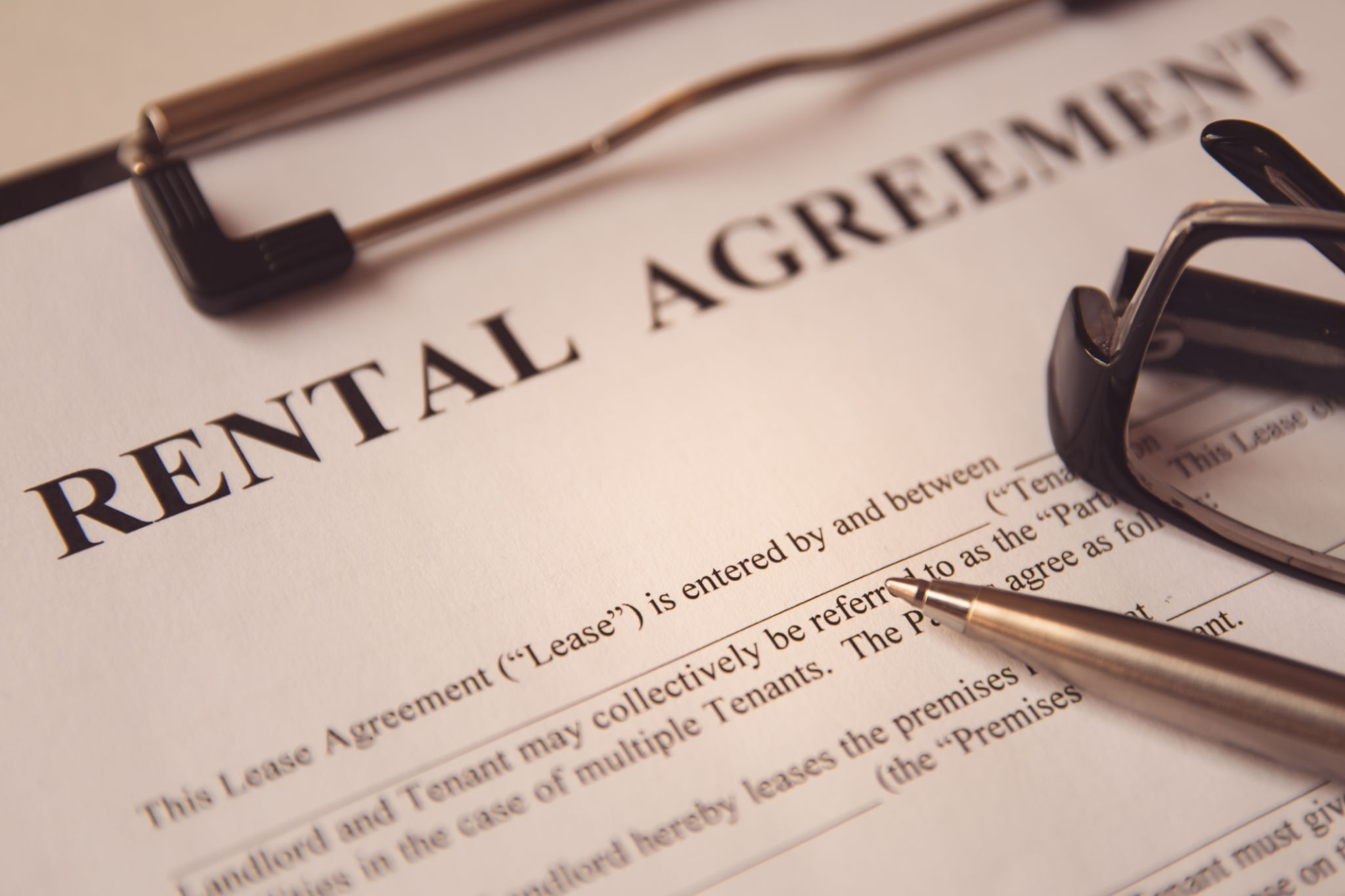Legal Pitfalls to Avoid When Buying Multi-Family Properties in Canada
Understanding Zoning Laws
When purchasing multi-family properties in Canada, one of the first legal aspects to consider is zoning laws. These laws dictate how a property can be used and what kind of developments are permitted. It's crucial to ensure that the property you're interested in is zoned for multi-family use. Overlooking this could lead to significant legal issues and potential financial loss. Always consult with a local zoning office or a real estate lawyer to understand the zoning regulations fully.

Conducting Due Diligence
Performing thorough due diligence is vital when buying any real estate, but especially so with multi-family properties. This process involves investigating the property's legal and physical condition, including reviewing its title, liens, and encumbrances. Additionally, it's essential to verify the property's compliance with local building codes and safety regulations. Skipping this step can lead to unexpected legal disputes and repairs that can be financially draining.
Understanding Tenant Rights
Another critical legal consideration is the rights of current and future tenants. Canadian provinces have specific laws protecting tenants' rights, including issues related to rent control, eviction procedures, and property maintenance. As a potential landlord, you need to familiarize yourself with these laws to avoid legal conflicts and ensure smooth property management. Consulting with a lawyer who specializes in landlord-tenant law can be highly beneficial in navigating these complexities.

Financing and Mortgage Regulations
Securing financing for a multi-family property can be more complex than for a single-family home. Canadian mortgage regulations may vary based on the property's size and the number of units. It's essential to understand the terms of your mortgage agreement, including interest rates, payment schedules, and any penalties for early repayment. Working with a mortgage broker familiar with multi-family properties can help you find the best financing options available.
Environmental Assessments
Environmental assessments are another crucial aspect to consider when purchasing multi-family properties. These assessments evaluate potential environmental risks associated with the property, such as soil contamination or hazardous materials. Ignoring environmental concerns can lead to costly remediation efforts and legal liabilities. Hiring a qualified environmental consultant can provide peace of mind and protect your investment.

Insurance Requirements
Insurance is a fundamental component of protecting your investment in multi-family properties. It’s essential to obtain adequate coverage that addresses potential risks such as property damage, liability issues, and loss of rental income. An insurance broker experienced in commercial real estate can help tailor a policy that meets your specific needs and ensures compliance with provincial laws.
Tax Implications
Understanding the tax implications of owning multi-family properties is crucial for long-term financial planning. In Canada, real estate investors may be subject to various taxes, including property taxes, capital gains taxes, and goods and services tax (GST). Consulting with a tax professional can provide insights into tax-saving strategies and help you comply with all relevant tax laws.

Working with Professionals
Given the complexities involved in purchasing multi-family properties, working with experienced professionals is invaluable. A team of experts, including real estate agents, lawyers, mortgage brokers, and accountants, can guide you through the process, ensuring that all legal and financial aspects are addressed adequately. Their expertise can help you avoid common pitfalls and make informed decisions that align with your investment goals.
In summary, buying multi-family properties in Canada involves navigating various legal hurdles. By understanding zoning laws, conducting due diligence, respecting tenant rights, managing financing, assessing environmental risks, securing insurance, and considering tax implications, you can avoid common pitfalls and make a sound investment. Collaborating with professionals will further enhance your buying experience and pave the way for successful property ownership.